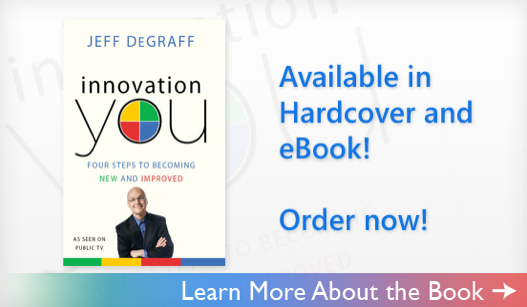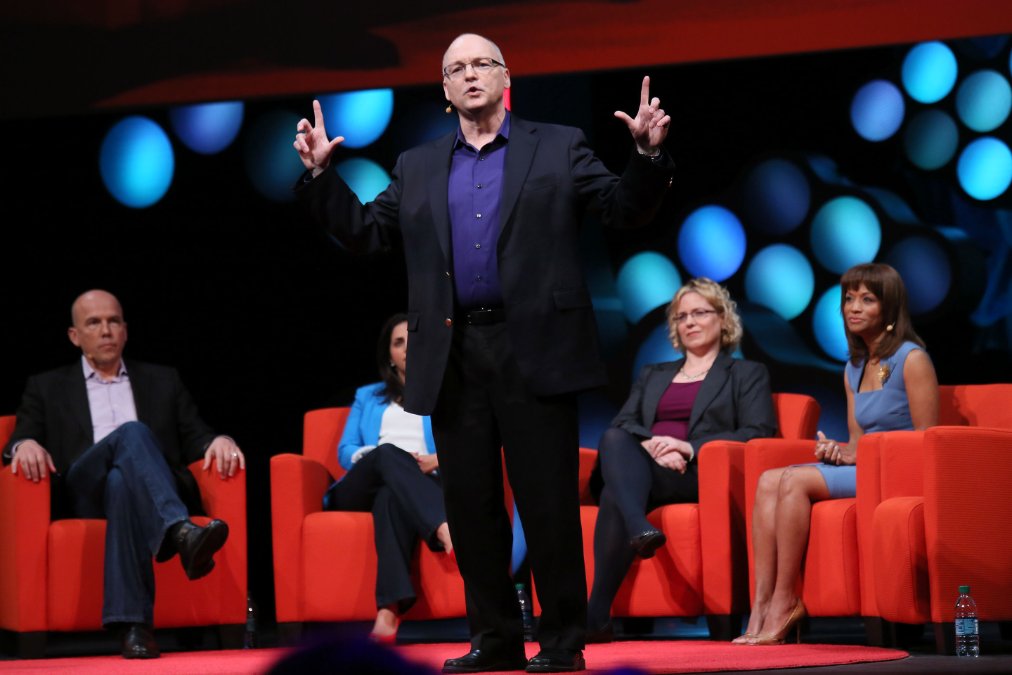
French Enlightenment philosopher and impecunious renegade Jean-Jacques Rousseau emblematic bon mot “Man was born free, and he is everywhere in chains” was not just an observation on the state of pre-Republican Europe but also a commentary on our self-imposed servitude. Questioning the authority of the monarchy and clergy brought liberté, égalité, fraternité to the common Man while the revolution that frees the mind to think authentic and original thoughts and dare to keep its own counsel is still most uncommon.
Clarity does not come from simply emptying the mind. It comes from understanding and organizing it so that it can enlighten. Knowing what we really think is a difficult if not impenetrable challenge. Our compelling customs, provincial parents and erstwhile coworkers whisper in our ears and dictate to us what is righteous and real until it morphs into something that appears to be cogent and taken as true. Over time this hodgepodge of assorted aphorisms, blessed precepts and unacknowledged prejudice are experienced as deeply and uniquely personal. Add to the mix campaigners and admen that troll for schooling bottom-feeders as hucksters perform their magic tricks in the late night circus where disenfranchised and angry gather under the shelter of the big top. False choices, misinformation and pseudo-journalism distract us like a shill while they steal from us our only possession of real worth – our Self.
Trace a thought down the sinuous path past the teacher and the preacher and that first love who knew what was best for us and we come to the solitary place where Willey Wonka closes the gates to his chocolate factory and mumbles passive aggressive aspersions under his breath to the unsuspecting and unworthy everyone. The only substantive difference between productively participating in civilization and being indoctrinated into an intimidating cult is that we may still chose to explore and exercise our cherished options in the former while we willingly surrender them in the later. The catch is that to be truly free we must first free our thinking.
When we are confronted with something unfamiliar we often either reject it out of hand or contain it by categorizing it as something either bizarre or unnatural. Because these intrusions make us uncomfortable we may chose to avoid them altogether or in some extreme cases even attack them ad hominem. It is a basic impulse to destroy variation and thus stunt our own growth. However, another option is to investigate and consider the unfamiliar and assimilate or accommodate it into our thinking. This approach encourages us to build upon our most useful and inviolable ideas while remaining open to new ones that give us a view into the unseen places.
Modernist painting, theatre and science fiction writing all employ an artistic technique called “defamiliarization” intended to force the audience to see the ordinary in surprising and unusual ways. For example, in Bertolt Brecht’s musical play The Threepenny Opera cut-throats, hustlers and strumpets are the protagonists while the clergy and civic authorities the villains. The satire raises real issues about the social conditions of the disaffected poor and the culpability of the indifferent rich. By disorienting our expectations and assumptions we witness our own biases and are given the opportunity to develop a wider and more robust perspective.
Sometimes the best way to find our authentic thoughts is to gauge the emotional potency of our responses when they are challenged. While these emotions may reveal our thinking it is just as likely that the opposite is true. Our thoughts are often formed by our feelings. Simply being aware of how this connection functions in our beliefs may be of value in itself.
But how do we know what we really believe? Such deeply held convictions are not revealed through credos or commandments but rather our authentic emotional responses activated by our experiences in the world. We must be mindful and investigate our reactions, both positive and negative, to people, practices and precepts: Why do we feel this way? What does this mean? Does this change anything? We seldom grow from such inquiries because to reconsider these foundational issues requires reconsidering emotionally charged information, an open mind where the enemy may infiltrate our perimeter and a commitment to the quest.
Seek out the disconfirming sources that could potentially unseat the familiar for that which we truly believe. Think of this like preparing for a debate but rather than trying to undo the loyal opposition find some validity in their views. While magazines, television and the web are good places to start nothing works better than constructive conversation with another person in a safe environment like coffee shops and classrooms. Do not buy into morally repugnant or intellectually anemic ideas but rather locate sources that may be potentially useful and potent. Keep the great, improve the good and drop the rest.
Letting go of ideas that are no longer useful or we should have never carried with us in the first place is the hardest part. To free ourselves we must find something to pull us forward daily. A manifesto is a declaration of precepts, principles and intentions created as an inspirational call to action. It’s a simple document that can be posted publically on a telephone poll, web page or refrigerator door to give a voice to a coherent collection of ideals:
- A statement of fundamental beliefs
- The basic tenants of these beliefs
- The benefits or intended results from these beliefs
- A proclamation of the intention to act on these beliefs
- A greater purpose – both personal and communal growth
Deep thinking is difficult. Finding our true beliefs often means realigning and reprogramming our minds and our lives: A change in occupation, a different spiritual community, acceptance of an unorthodox lifestyle. In the end we must free our Self from ourselves.
Jeff DeGraff
Connect with me on Twitter
Join me on Facebook
Visit InnovationYou.com


Jeff DeGraff is the Dean of Innovation – an author, speaker, and advisor to Fortune 500 companies and mission-driven organizations worldwide. He’s the CEO and Founder of Innovatrium, Founder of Intellectual Edge Alliance, and Clinical Professor of Management and Organizations at the Ross School of Business at the University of Michigan. Jeff co-created the Competing Values Framework and developed the Innovation Code and Innovation Genome methodologies which provide organizations with practical tools to reconcile competing priorities and drive breakthrough performance. His mission is the democratization of innovation: making systematic innovation accessible to everyone, everywhere, every day.
